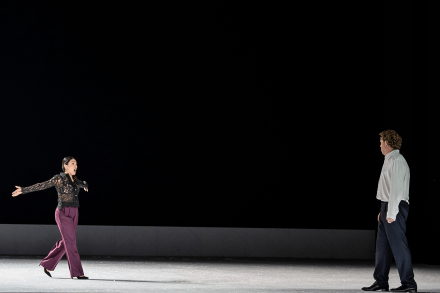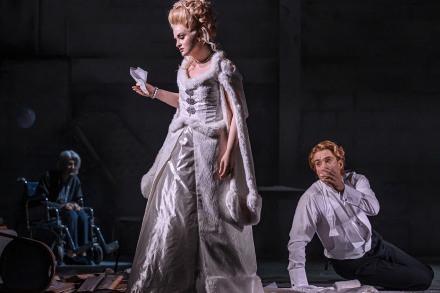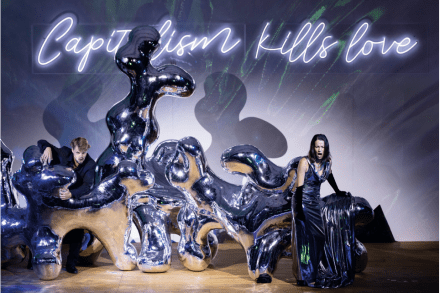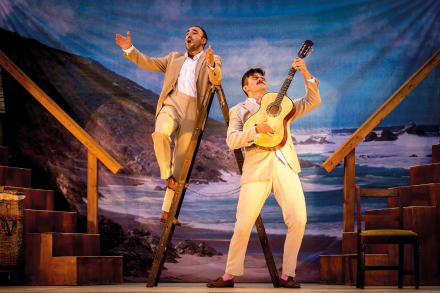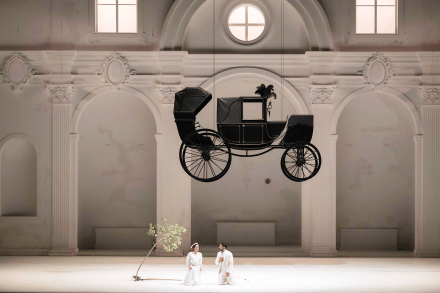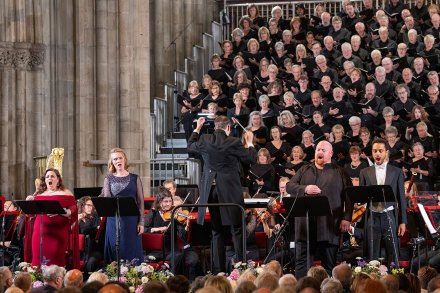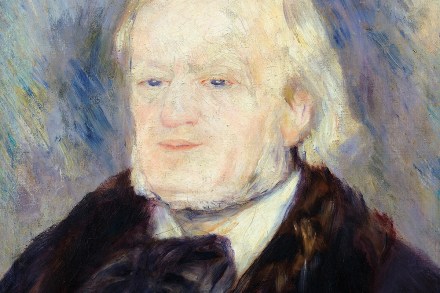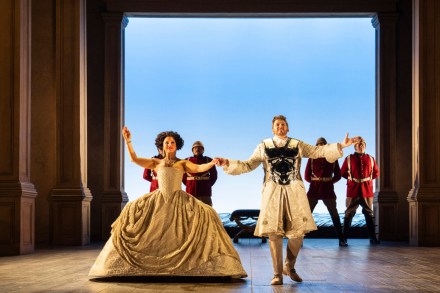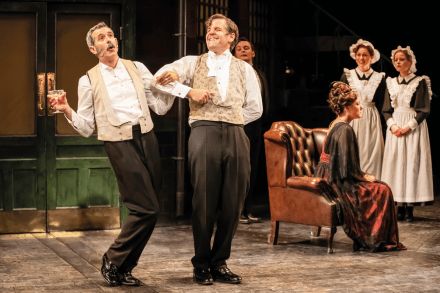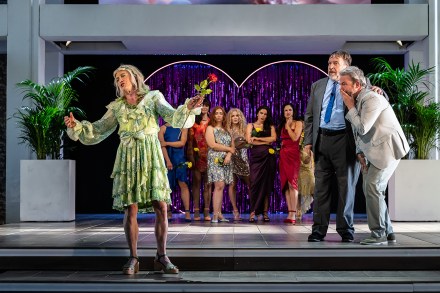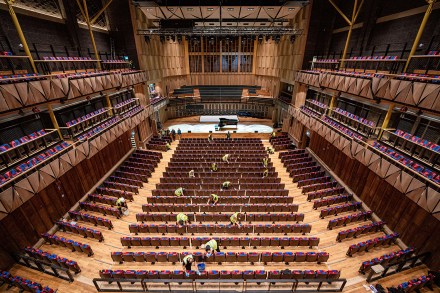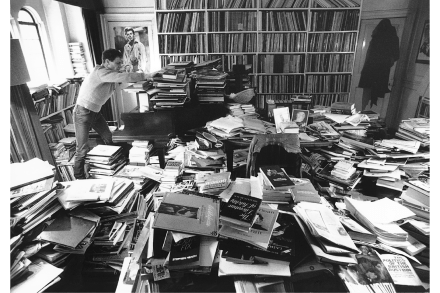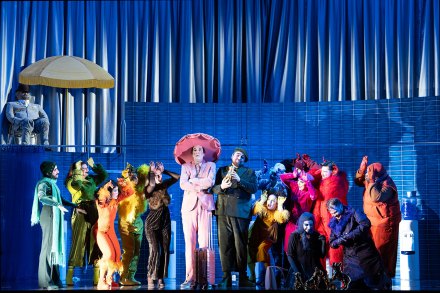Letters: AI isn’t the only threat to middle-class jobs
Poetic licence Sir: As a Welshman well-used to the prejudice and insults to which our ancient language and its speakers are often subjected, I read Lloyd Evans’s article (‘Language barrier’, 5 October) with some trepidation. Mercifully, my fears were allayed by a generally even-handed summary of some of the thorny issues that inspire debate in much of north-west Wales. I confess that I have never understood why so many Englishmen seem to treat as a personal insult the existence of a language of such noble and ancient pedigree on the shores of the British Isles, or why its continued usage in everyday life should inspire such consternation. I have always



